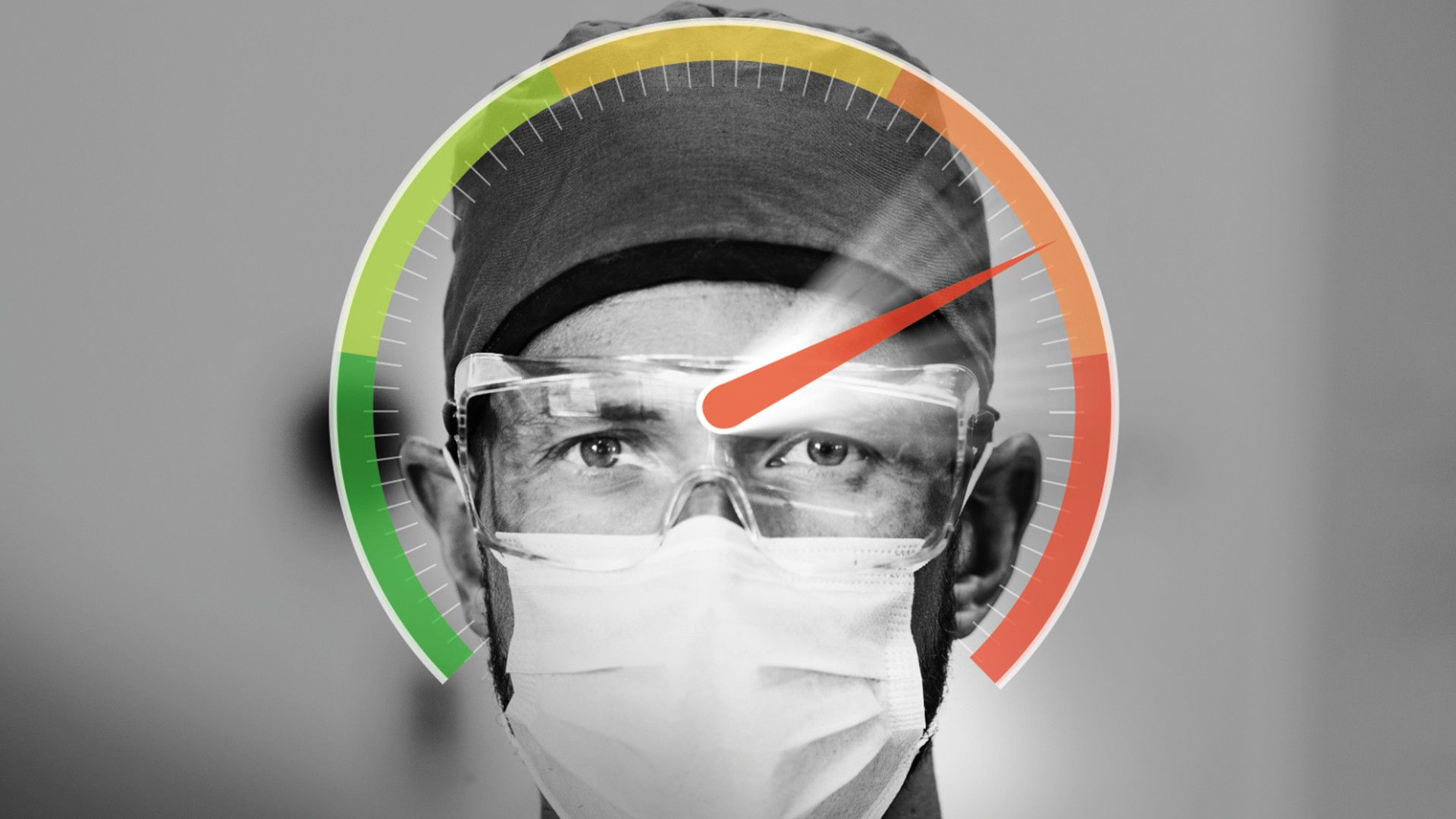Medical practice is a demanding and rewarding profession that requires dedication, compassion, and resilience. However, the intense pressures and responsibilities inherent in healthcare delivery can take a toll on physicians’ well-being, leading to high levels of stress, burnout, and mental health challenges. In this article, we will explore the impact of stress and professional burnout on physicians’ well-being, examine the contributing factors and consequences of burnout in medical practice, and discuss strategies for managing stress and promoting physician resilience and well-being.
The Impact of Stress and Burnout on Physician Well-being:
Stress and burnout are pervasive issues affecting physicians worldwide, with profound implications for their well-being, job satisfaction, and patient care. Stress, characterized by emotional and physical strain, can result from the demanding nature of medical practice, including long hours, heavy workloads, and intense patient care responsibilities. Left unmanaged, chronic stress can lead to professional burnout, a state of emotional exhaustion, depersonalization, and reduced personal accomplishment.

Burnout not only affects physicians’ mental and physical health but also undermines their professional fulfillment, job performance, and patient interactions. Physicians experiencing burnout may exhibit symptoms such as fatigue, cynicism, decreased empathy, and feelings of ineffectiveness, which can impact their ability to provide high-quality care and contribute to medical errors, patient dissatisfaction, and decreased patient safety.
Contributing Factors to Burnout in Medical Practice:
Several factors contribute to burnout among physicians, including:
- Work-related stressors: High patient volumes, administrative burdens, time pressures, and the emotional demands of caring for patients with serious illnesses or complex medical conditions contribute to stress and burnout in medical practice.
- Organizational factors: Healthcare system inefficiencies, inadequate resources, lack of autonomy, and a culture of perfectionism and overwork within healthcare organizations can exacerbate burnout among physicians.
- Personal factors: Individual characteristics, such as perfectionism, high levels of self-criticism, poor work-life balance, and insufficient coping skills, may predispose physicians to burnout.
- Societal expectations: Societal expectations of physicians as self-sacrificing heroes who prioritize patient care over their own well-being can perpetuate a culture of overwork and neglect of personal needs, contributing to burnout.
Consequences of Burnout in Medical Practice:
Burnout has far-reaching consequences for physicians, patients, and healthcare organizations, including:
- Impaired physician well-being: Burnout can lead to emotional exhaustion, depression, anxiety, substance abuse, and suicidal ideation among physicians, affecting their mental and physical health and quality of life.
- Decreased patient care quality: Burnout compromises physicians’ clinical judgment, communication skills, and decision-making abilities, leading to medical errors, decreased patient satisfaction, and adverse patient outcomes.
- Increased turnover and attrition: Burnout contributes to physician dissatisfaction and turnover, exacerbating workforce shortages, reducing continuity of care, and increasing healthcare costs associated with recruitment and retention.
- Organizational inefficiencies: Burnout among physicians leads to decreased productivity, increased absenteeism, and decreased morale within healthcare organizations, undermining their ability to deliver high-quality care and achieve organizational goals.
Strategies for Managing Stress and Promoting Physician Well-being:
To address stress and burnout in medical practice, healthcare organizations and individual physicians can implement several strategies:

- Promoting work-life balance: Healthcare organizations should implement policies and practices that support work-life balance, such as flexible scheduling, telecommuting options, and paid time off. Physicians should prioritize self-care activities, hobbies, and leisure pursuits outside of work to recharge and rejuvenate.
- Providing resources and support: Healthcare organizations should offer resources and support services, such as employee assistance programs, counseling services, and peer support groups, to help physicians cope with stress, build resilience, and seek help when needed.
- Fostering a culture of well-being: Healthcare organizations should foster a culture of well-being that values physicians’ mental, physical, and emotional health. This includes promoting open communication, destigmatizing mental health issues, and providing opportunities for professional development and growth.
- Enhancing resilience and coping skills: Physicians can enhance their resilience and coping skills by practicing mindfulness, stress management techniques, and relaxation exercises. Developing strong social support networks, maintaining meaningful relationships, and seeking mentorship and peer support can also help physicians navigate the challenges of medical practice.
- Addressing organizational factors: Healthcare organizations should address organizational factors contributing to burnout, such as excessive paperwork, inefficient workflows, and inadequate staffing levels. Implementing electronic health record (EHR) optimization, workflow redesign, and team-based care models can help streamline processes and reduce administrative burdens on physicians.
In conclusion, stress and burnout are significant challenges facing physicians in medical practice, with far-reaching implications for their well-being, patient care quality, and healthcare organizations. By understanding the contributing factors and consequences of burnout, implementing strategies to manage stress, and promoting physician resilience and well-being, healthcare organizations and individual physicians can work together to create a healthier, more sustainable work environment that supports optimal patient care and professional fulfillment. By prioritizing physician well-being, we can ensure that physicians are better equipped to meet the demands of medical practice and deliver compassionate, high-quality care to patients.
